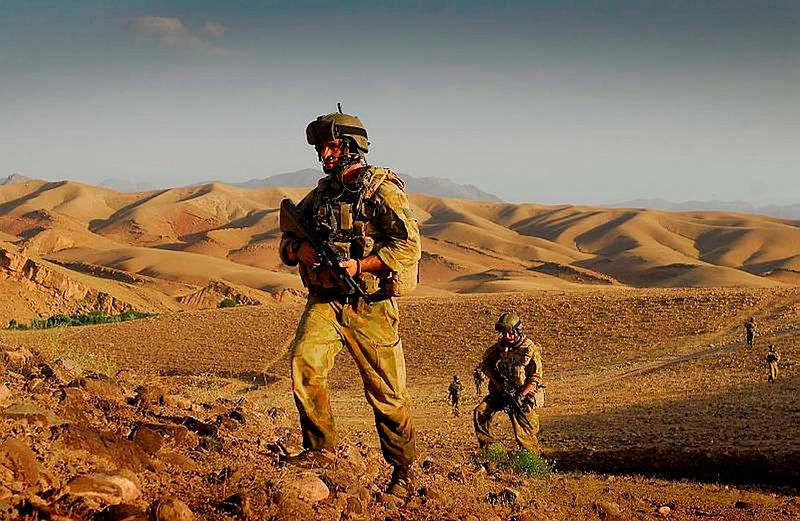
This piece was drawn from the first part of a presentation to the 2015 Chief of Air Force Symposium, the theme of which was ‘Integrating Air Power.’
Who could be so silly as
not to want an integrated defence force? The word ‘integration’ comes from the Latin ‘integratus’, meaning to renew or restore. In modern language, integration means to bring together or incorporate into a whole; to produce a whole or a larger unit; to unite or combine. That sounds like a noble objective—something that produces better outcomes, something that will surely improve the sum of the parts. And so it is that in Australian defence thinking integration is presented as an important objective, a necessary journey and a critical final destination for the Australian Defence Force.
It’s interesting to trace the history of the use of the word ‘integration’ through Australia’s six defence white papers of the modern era. In the first of the white papers, in 1976, ‘integration’ was used four times, most prominently to call for establishing an integrated air defence system. I have to confess a certain geeky pleasure at discovering that each successive white paper uses the term more than its predecessor. Thus there were 11 references to integration in the 1987 White Paper, 17 in 1994, 18 in 2000, then a spectacular jump to 31 references in the 2009 Defence White Paper. The 2013 Defence White paper, true to form, had 34 references to integration. I can assure you there’s no area of Defence life left untouched by the drive to make whole the sum of our parts.
So, are we integrated yet? I think the honest answer to that is we still have a long way to go. I have three thoughts about the attachment to the concept of integration as it has been used by, and for, Defence over the last forty years.
First, we’re talking more about integration because it reflects a fact of modern life—in some senses we’re a vastly more integrated world today than we were two generations ago.
Second, what’s important about integration is the journey rather than the destination. The authors of the 1976 White Paper, for example, could’ve hardly believed the extent to which integration would transform the ADF over the following years. So it’s likely that we’ll never reach an end-point for integration and, as technology evolves, it’s probable that we’ll see more opportunities and priorities evolve as time goes by. On that measure it would be perfectly reasonable to expect that a White Paper written in 2050, for example, will still express the aspiration of its 2013 predecessor for an ‘integrated, joint force capable of meeting contemporary and emerging security challenges’.
My third conclusion is less positive: the term integration has become a ‘buzz word’. As it’s applied ever more broadly, its meaning has become hollowed out, emerging as a comforting form of obfuscation. That is to say, we talk the talk, but I think we’re not walking the walk. We’re not challenging ourselves sufficiently; we’re not taking a big enough picture of the objects and the purpose of integration as a defence force and as an ally and partner of many countries in the region and beyond.
The Asia–Pacific is increasingly a higher-risk and more competitive strategic environment. Ironically perhaps, the greater integration of trade and investment, of populations and of information flows, means that Australia has deeper strategic interests across a wider span of the world. We can’t pretend not to have a stake in the stability of north Asia—because our economic health is intimately tied to the stability of China, Japan and South Korea. We can’t be uninterested in the disintegration of the Middle East: because of the risks of Weapons of Mass Destruction proliferation, because of energy flows, and because of the ideological draw of a radical form of political Islam that attracts a small number of our population. And we can’t ignore threats to European stability for reasons of economics and people-to-people connections, and because of the wider threat to the international system.
For the Australian Defence Force I think the implications of a more connected Australia facing a higher-risk strategic environment are potentially profound, as we now judge that military force might be needed in a broader range of scenarios across a wide span of geography. Indeed the last twelve months alone have seen troops deployed to the Middle East, Afghanistan, Ukraine, the Philippines for HADR tasks, deep into the southern ocean for search and rescue and across our western and northern approaches. As our strategic situation becomes more risky, so too will the reasons for an integrated ADF become more pressing.
Peter Jennings is executive director of ASPI. Image courtesy of Department of Defence. Print This Post
Print This Post